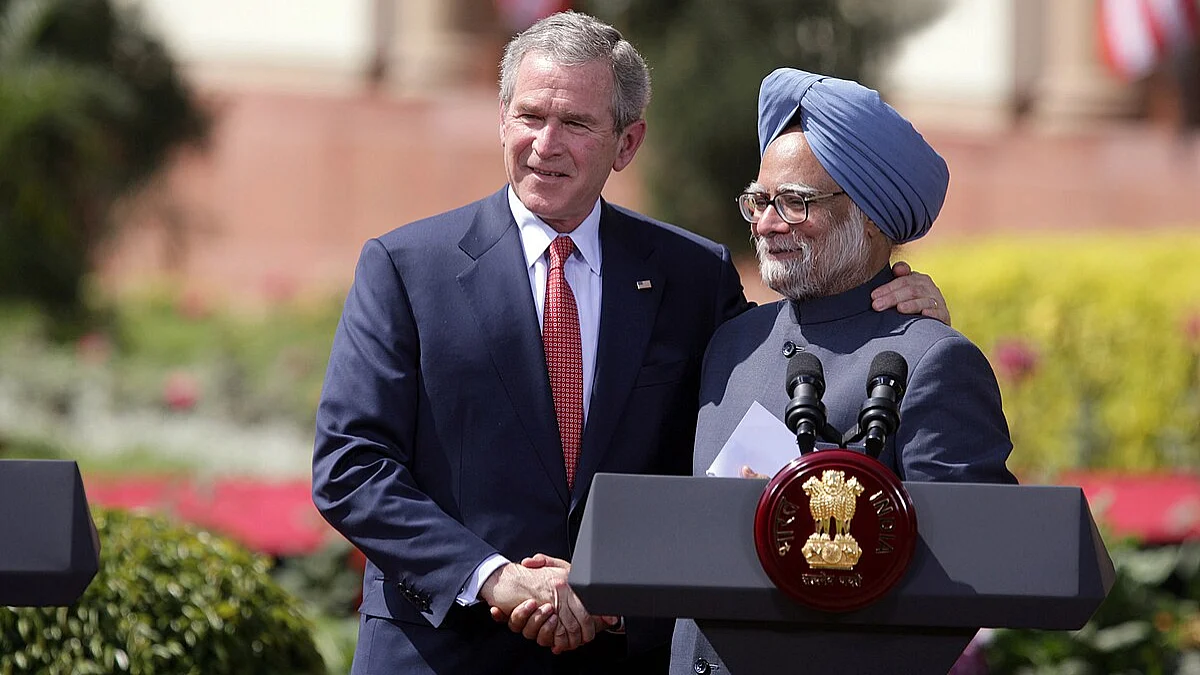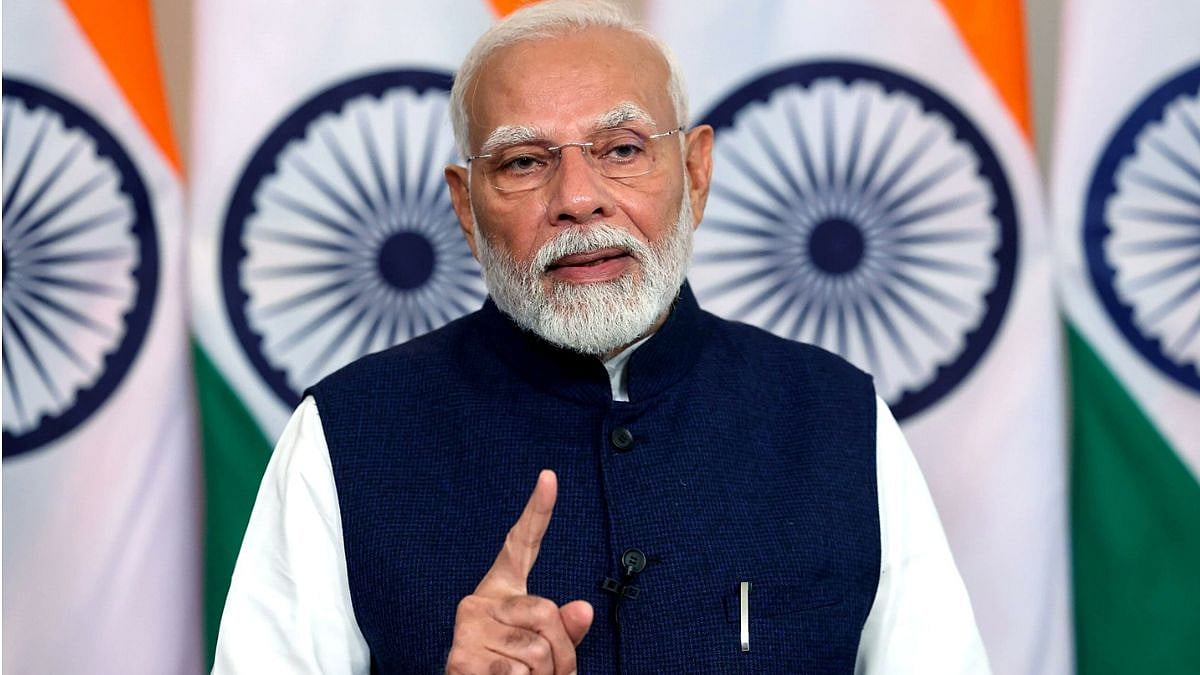That India lays a great store by Quad is by now quite obvious. Prime Minister Narendra Modi emphasised the importance of the quadrilateral grouping, while attending the first in-person summit meeting held in Washington. The meeting assumed significance for not just articulating their shared beliefs and values, but also for the plan of action, India, the US, Australia, and Japan have been chalking out. US President Joe Biden has taken the initiative to unroll the Indo-Pacific Economic Framework for Prosperity (IPEF). India has already welcomed the initiative and said that it would be an active partner in this new international effort. Seven out of the 10 ASEAN countries, all the four Quad nations, and New Zealand are members of the IPEF. As Biden has explained, the IPEF is not a conventional trade organisation and it would, therefore, not even discuss trade tariffs among member nations or fix quotas for imports or exports. Among themselves, these countries represent 40 per cent of the world GDP. This, itself, is a pointer to how important the new grouping is. The four main areas of concern for the IPEF are besides trade, supply chain resiliency, clean energy, and decarbonisation. As Modi pointed out, trust, transparency, and timeliness are key to the success of the initiative.
There can be no denying that China is not happy with the formation of either Quad or the IPEF. In fact, it should not hold grudges in the formation of either. For instance, the IPEF is still in its infancy. The member nations have to formulate the rules and regulations that will govern their functioning. As Biden mentioned and Modi underlined, it is not aimed at any non-member, including China. The reason why China is upset is not far to seek. At one time, China was the favourite destination for foreign direct investment. Over the years, it also earned the status as the world’s manufacturing hub. Name any consumer item like computers, mobile phones, and cameras - they might have American or European, or Japanese names but they were all assembled or manufactured in China. If China’s economy has grown larger than Japan’s and if it is likely to emerge as the world’s largest economy in the foreseeable future, it is because of the shift of capital to China. Many multinational companies like Apple have found that India is a better manufacturing hub. It has a very large qualified workforce and a democratic system that exercises its own checks and balances that rule out violations of labour rules. Small wonder that more and more companies are now shifting their factories to India. True, other countries in the region have also been attracting foreign direct investment. China has only itself to blame for its own growing isolation. It has border disputes with virtually all its neighbouring countries. Instead of resolving the differences, China has with India, it has been creating more and more problems on the India-China border. It does not realise that India is not the same as in 1962 and it is more than willing and capable to counter any challenge from across the border. China considers the South China Sea virtually as its own territory. To put it differently, Beijing claims almost all of the 1.3 million square miles of the sea as its sovereign territory. It has been building military bases on artificial islands in the region, also claimed by Brunei, Malaysia, the Philippines, Taiwan, and Vietnam. Is it any wonder that they resent China’s attempt to control the region as a superpower without even becoming one? For once, the US has clarified that it would go to the rescue of Taiwan if it was threatened by China.
What President Joe Biden said is not a contradiction of America’s own “one China” policy. All it means is that China cannot outrightly annex Taiwan. In other words, the people of Taiwan will have the right to decide what destiny they should have. It cannot be dictated by China. It is against this backdrop that China has been resenting the formation of Quad and the IPEF. One concern the US administration has is the protection of the interests of the American people. Many of them have reservations about the Chinese policies and they would like American companies to shift their manufacturing bases to countries in the IPEF. If a company had the freedom to invest in China, it should also have the freedom to shift to another country. For instance, what motivated it to go to China was the cheap labour available there. They also relied on the dictatorial style of functioning of the Chinese system. However, they could not realise the long-term political and other implications of the investment. Now that they know it, they cannot be blamed for looking for alternatives. If the IPEF provides better investment opportunities, why should China complain?










